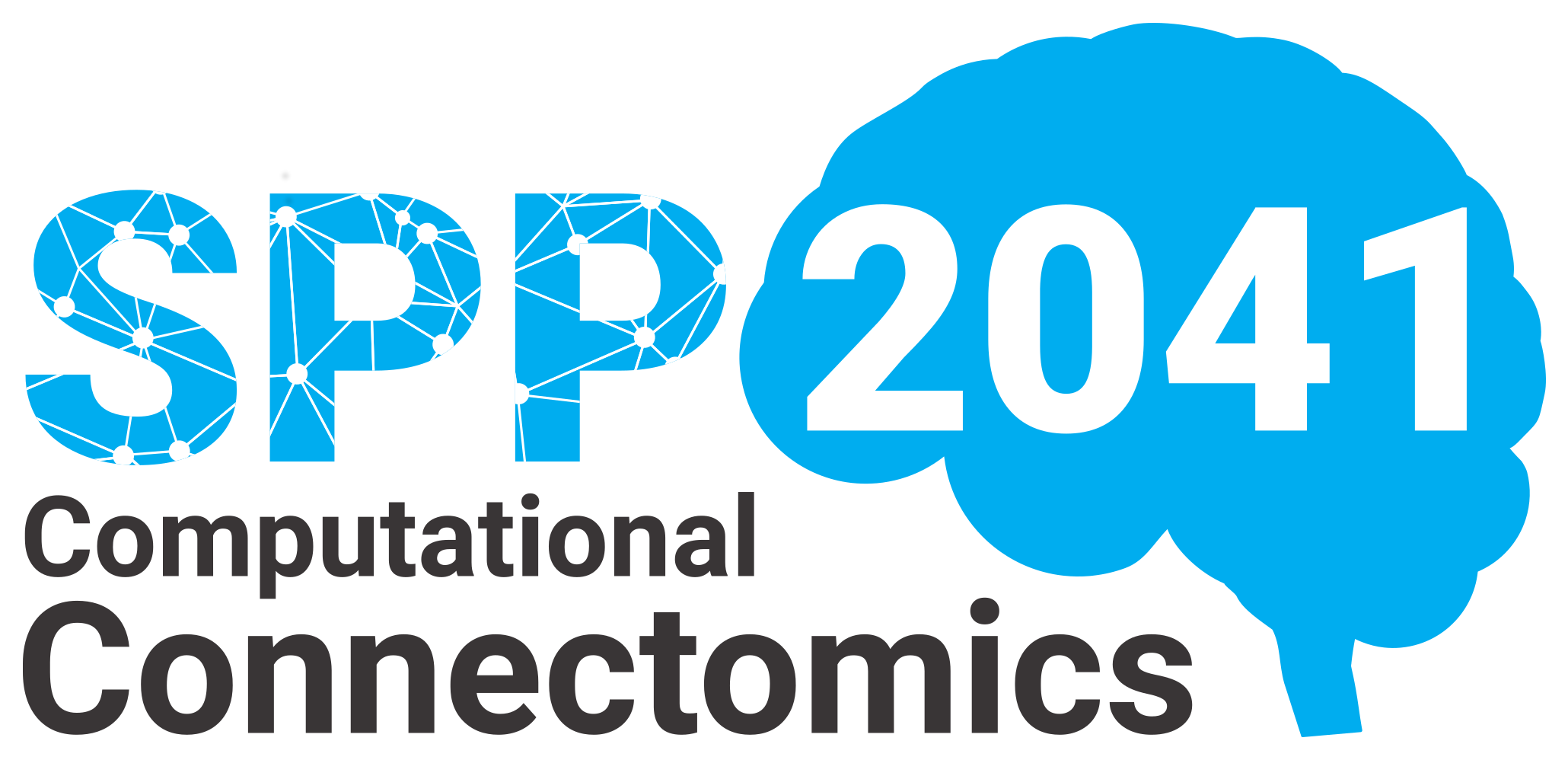Human Microstructural Connectomics: Computational Modeling and Validation with Histology and CLARITY
The arrangement, length, and microstructural properties of long-range connections in the central nervous system are of utmost importance for its functional organization because they determine how information is distributed across the brain. To date, diffusion magnetic resonance imaging (dMRI)-based tractography is the only in vivo technique for mapping structural long-range connections in the human brain. However, mapping from diffusion to fiber pathways is still ill-posed and has several major limitations. As a result, tractography algorithms can take “wrong turns” and produce false positive and false negative connections.
To address this problem, microstructure-informed tractography has been suggested. It is an emerging computational framework that associates each computed fiber tract with microstructural properties, e.g., metrics for axon diameter or density, using the dMRI technique.
In this highly inter-disciplinary project, we will develop a computational framework for microstructure-informed tractography that addresses these limitations using multi-modal quantitative MRI at ultra-high spatial resolution. Moreover, we will develop an advanced ex vivo histology analysis strategy based on complementary 2-D (high-resolution semithin and ultrathin sectioning) and 3-D (CLARITY) techniques. We will fuse gold-standard ex vivo histology with MRI to validate the proposed model at central junctions of long-range fiber pathways within the well characterized human voluntary motor control network. By emphasizing the close integration of multi-modal computational biophysical models, advanced MRI technology (the German-wide unique combination of a CONNECTOM & 7T MRI system), and advanced histological approaches (CLARITY in human tissue), this project aims at innovative new insights into MRI-based computational models for in vivo tractography.
To address this problem, microstructure-informed tractography has been suggested. It is an emerging computational framework that associates each computed fiber tract with microstructural properties, e.g., metrics for axon diameter or density, using the dMRI technique.
In this highly inter-disciplinary project, we will develop a computational framework for microstructure-informed tractography that addresses these limitations using multi-modal quantitative MRI at ultra-high spatial resolution. Moreover, we will develop an advanced ex vivo histology analysis strategy based on complementary 2-D (high-resolution semithin and ultrathin sectioning) and 3-D (CLARITY) techniques. We will fuse gold-standard ex vivo histology with MRI to validate the proposed model at central junctions of long-range fiber pathways within the well characterized human voluntary motor control network. By emphasizing the close integration of multi-modal computational biophysical models, advanced MRI technology (the German-wide unique combination of a CONNECTOM & 7T MRI system), and advanced histological approaches (CLARITY in human tissue), this project aims at innovative new insights into MRI-based computational models for in vivo tractography.
Principal Investigators
Dr. Alfred Anwander
Max-Planck-Institut für Kognitions- und Neurowissenschaften
Abteilung Neuropsychologie
Privatdozent Dr. Stefan Geyer
Max-Planck-Institut für Kognitions- und Neurowissenschaften
Dr. Siawoosh Mohammadi
Universitätsklinikum Hamburg-Eppendorf
Zentrum für Experimentelle Medizin
Institut für Systemische Neurowissenschaften
Privatdozent Dr. Markus Morawski
Universität Leipzig
Paul-Flechsig-Institut für Hirnforschung
Abteilung Molekulare und zelluläre Mechanismen
der Neurodegeneration
